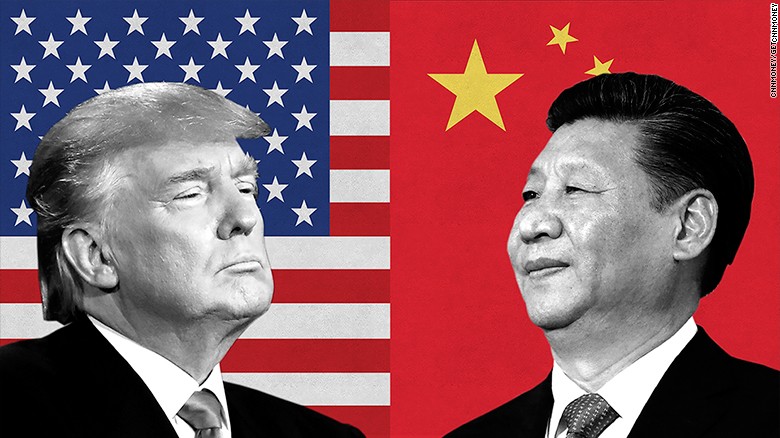
White House Mentions Withdrawal of US Troops from South Korea: What Measures Will Seoul Take?
(South Korea) on 18 Aug 2017
by Editorial (link to original)
Former White House chief strategist Steve Bannon said in a magazine interview that he might consider a deal in which China would have North Korea freeze its nuclear missile program and the U.S. withdraw its troops from South Korea. Likewise, the U.S. news media began to report on a possible peace treaty between Washington and Pyongyang, the possibility of a public discussion of American withdrawal from the South and the suspension of U.S.-South Korea joint military exercises as a bargaining chip. Henry A. Kissinger, a long-time foreign policy guru, has reportedly proposed to Secretary of State Rex W. Tillerson that Washington commit Beijing to removing most of its troops from the Korean Peninsula after a North Korean collapse, on the condition that China gets the North to dismantle its nuclear weapon program. It is deeply worrisome that such suggestions for the North Korea problem, which are critical to South Korean national security, are presented without much consideration of the South.
It is hardly likely that either the removal of U.S. troops from the Korean Peninsula in an exchange for a North Korean nuclear freeze, or a big U.S.-China deal with the North will be witnessed any time soon. The official stance of the U.S. has been to not legitimize North Korea as a nuclear power. Recently, State Department spokeswoman Heather Nauert made it clear during a press briefing that the Trump administration’s goal is to denuclearize the region, not to freeze Pyongyang’s nuclear missile program. However, a policy change might be in the air. Secretary of State Tillerson and Secretary of Defense James Mattis said in a joint statement released on Aug. 26, 2017, “We remain open to negotiations.”
There is growing sentiment in the U.S. that Washington should acquiesce to North Korea’s nuclear missile program, and this sentiment has seen a steep rise since Pyongyang’s nuclear missile threat against Guam, an unincorporated and organized territory of the U.S. Former Director of National Intelligence James Clapper said in a nationally televised interview, “Ideally I love a denuclearized North Korea but as I learned when I went there and had some pretty intense dialogue with them, that is a nonstarter with them.” He suggested, “I think our process, our thought process here ought to be on accepting it and trying to cap it or control it.” Similarly, Susan E. Rice, a national security adviser to former President Barack Obama, wrote in an op-ed article, “History shows that we can, if we must, tolerate nuclear weapons in North Korea — the same way we tolerated the far greater threat of thousands of Soviet nuclear weapons during the Cold War.” Such nuclear freeze proposals are rooted in the realization that North Korea’s development of a nuclear missile program cannot be deterred unless China cut offs oil supplies to its ally.
Meanwhile, President Moon Jae-in recently said in a speech, “No one can take any military action on the Korean Peninsula without South Korean agreement,” and the U.S. press interpreted this comment as a warning against Washington. In the face of proposals for a big U.S.-China deal on the North Korea issue, a crack in the U.S.-South Korea alliance will damage national security. While the U.S.-Japan alliance is getting stronger, China and Russia are taking North Korea’s side. Given that the dynamics in the region have completely changed, President Moon’s simplistic thinking that Seoul should take the wheel to resolve the North Korea problem cannot solve the complex equation of security in the Korean Peninsula.
In particular, U.S.-China big deal proposals are lethal to South Korean national security. Such a deal would only allow the recalcitrant regime to take control, let alone allow Seoul to take the lead in resolving the situation with the North. A peace treaty in exchange for a nuclear freeze and an American withdrawal from the South is exactly what Kim Jong Un wants. The Moon administration should draw a new road map to its North Korea policy. It should be wise enough to sternly warn Pyongyang, which has already crossed the red line, and defer its Seoul-led dialogue-oriented resolution. If Washington and Beijing make a deal on Pyongyang without Seoul, the fate of the Korean Peninsula will stand on a precipice.


